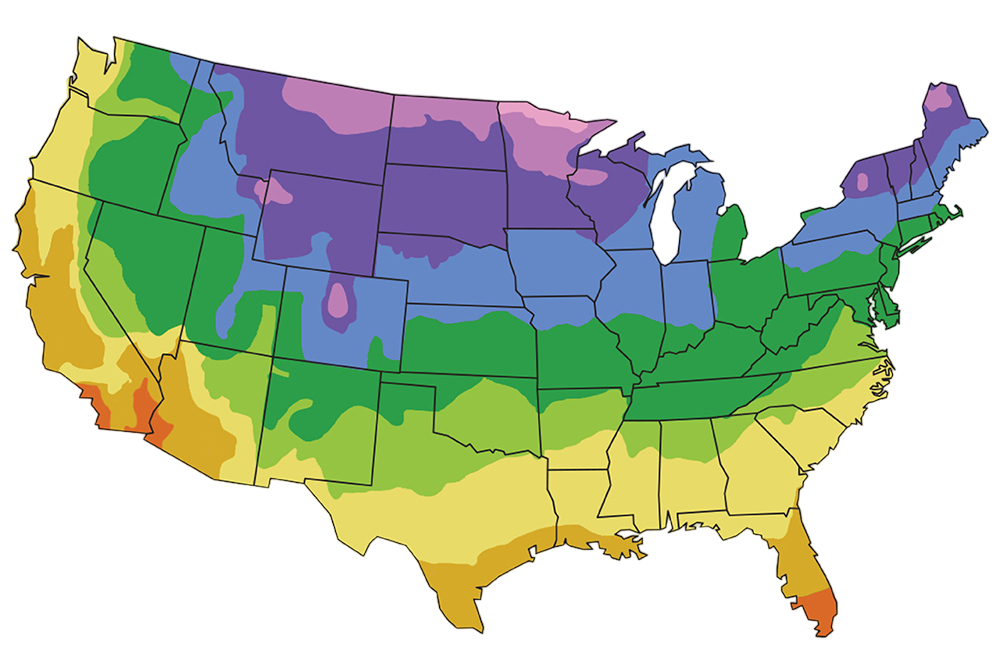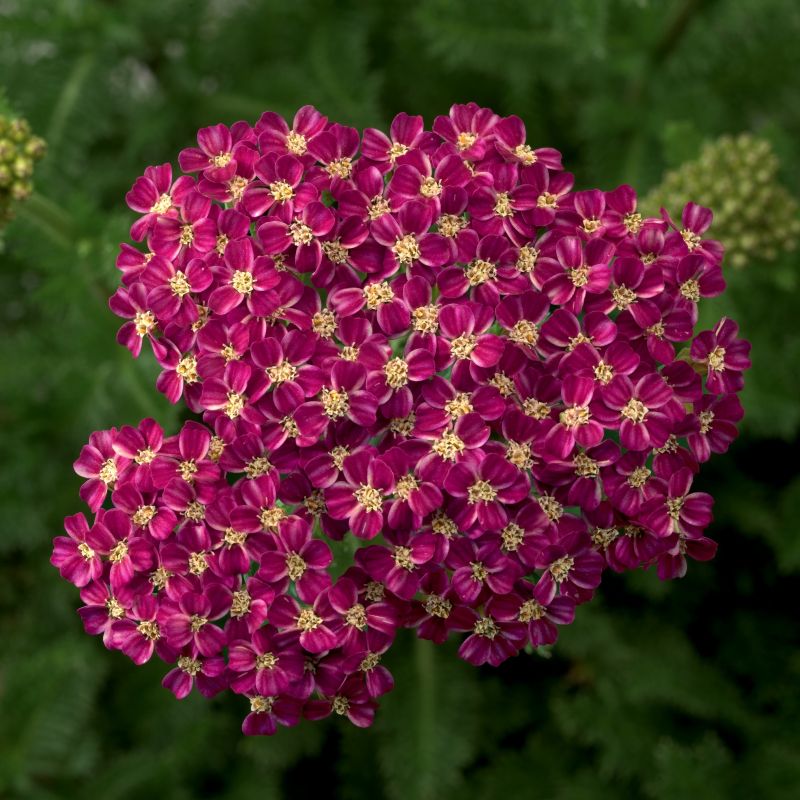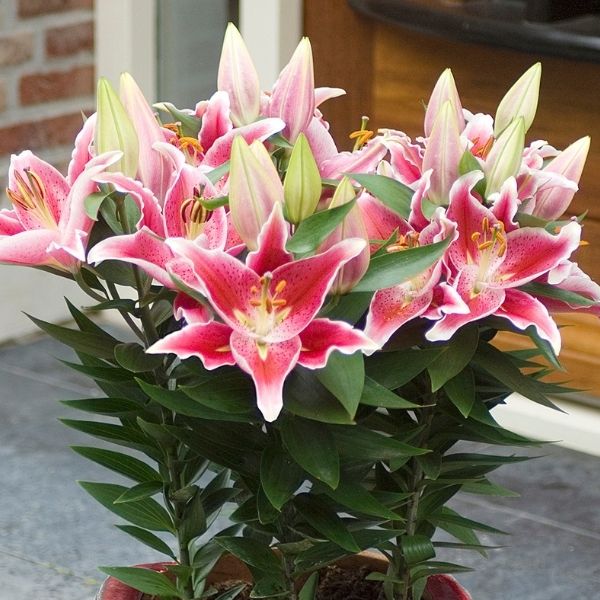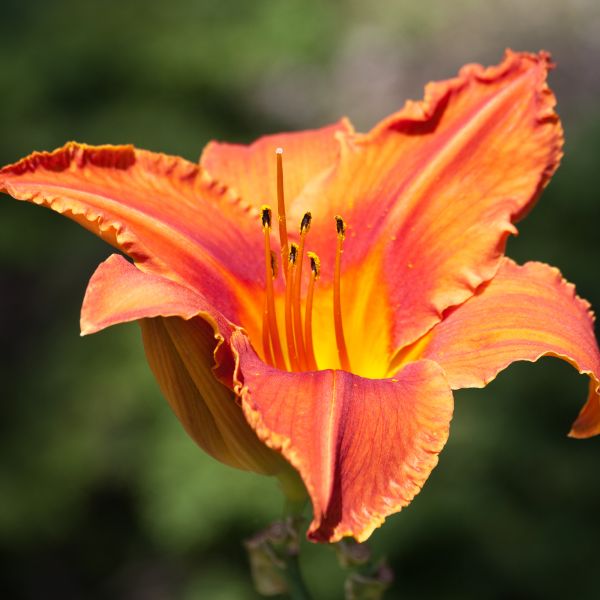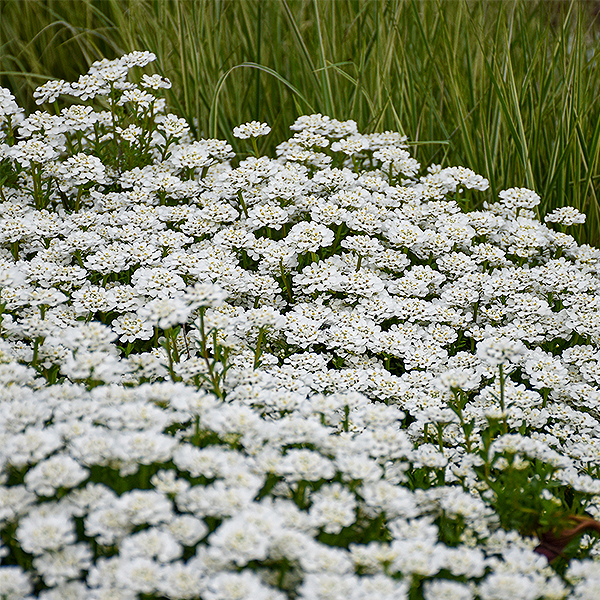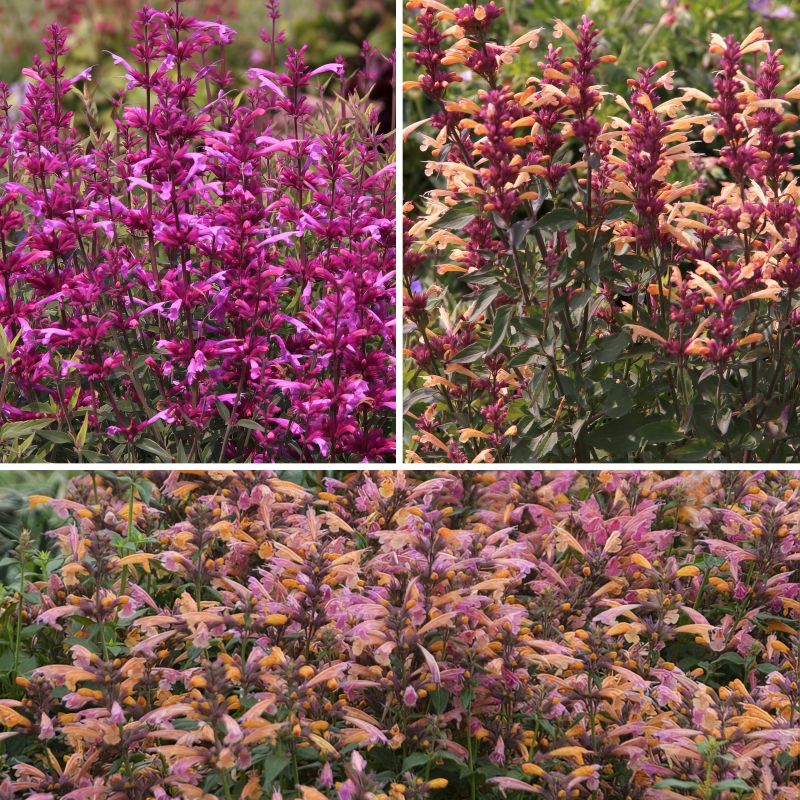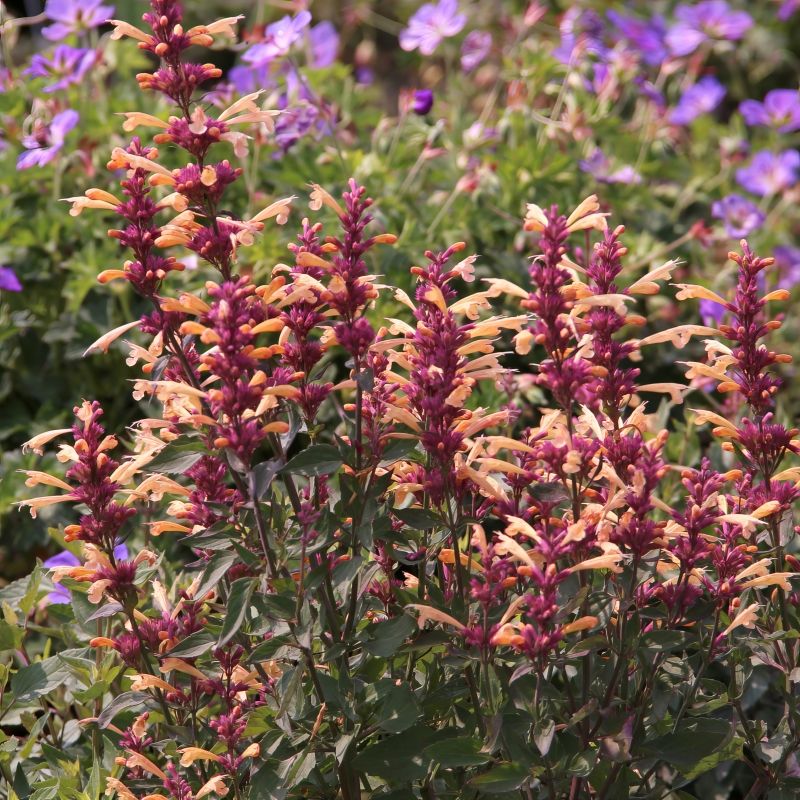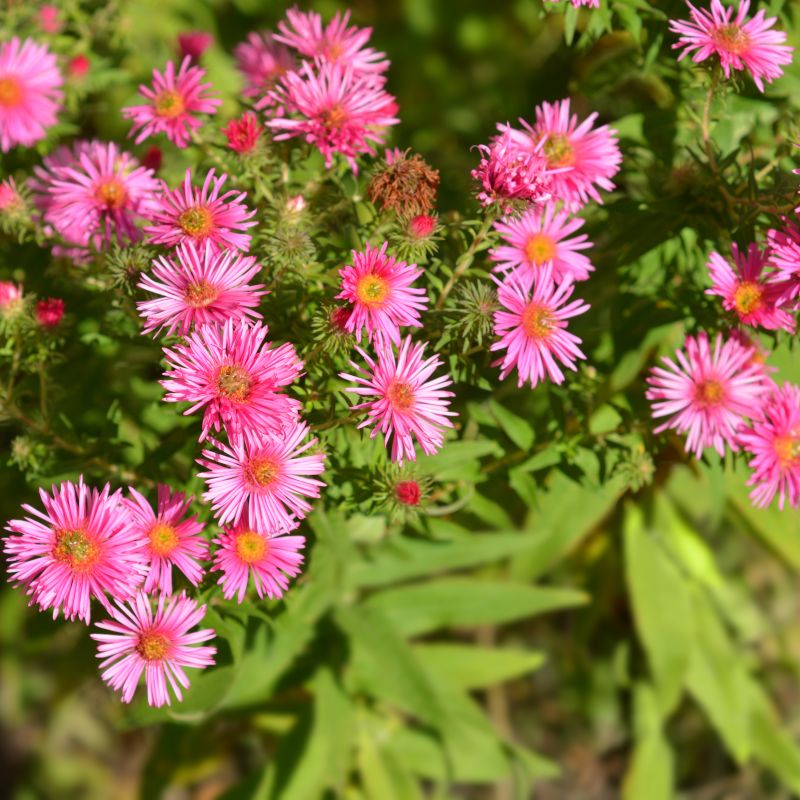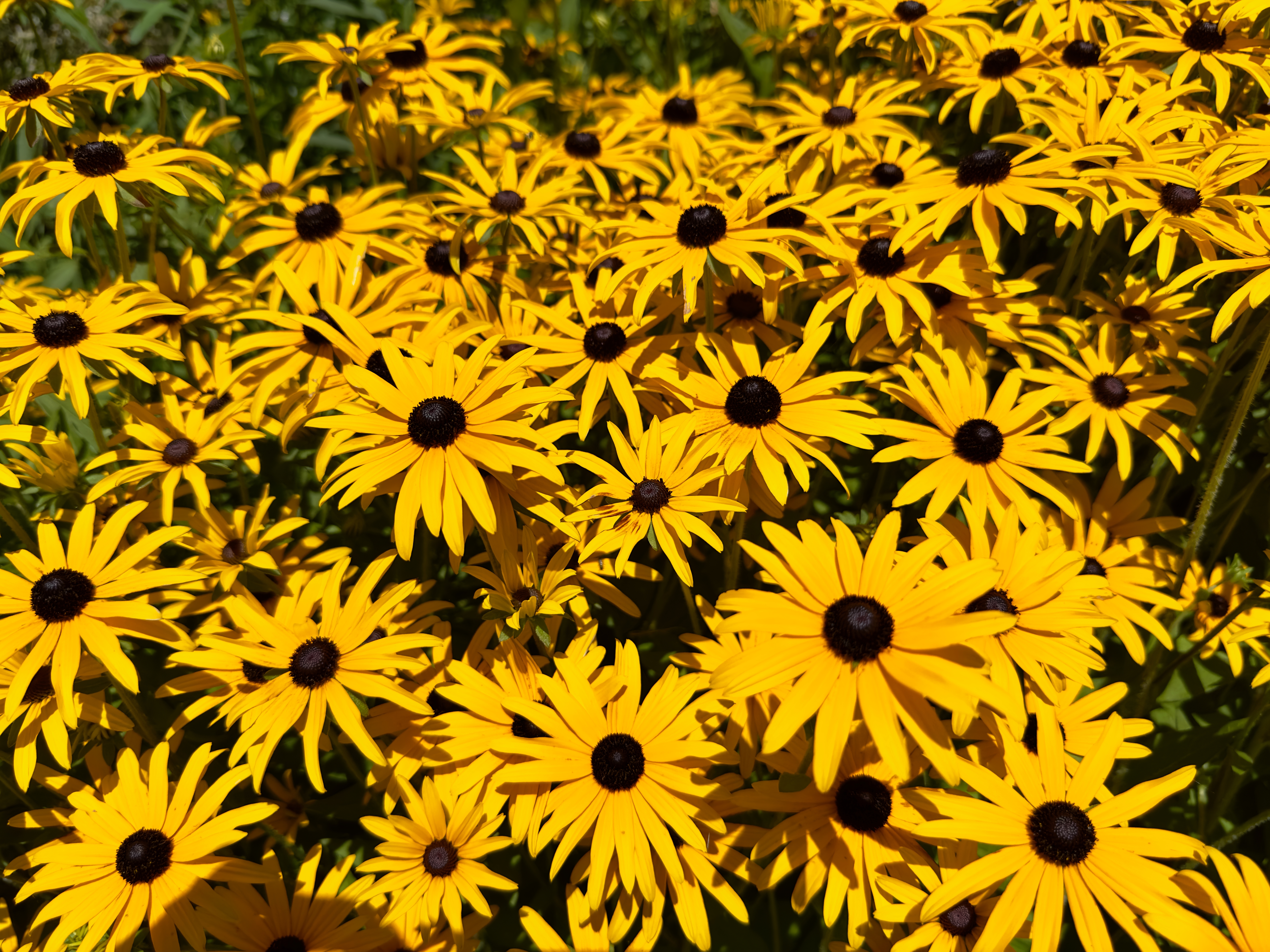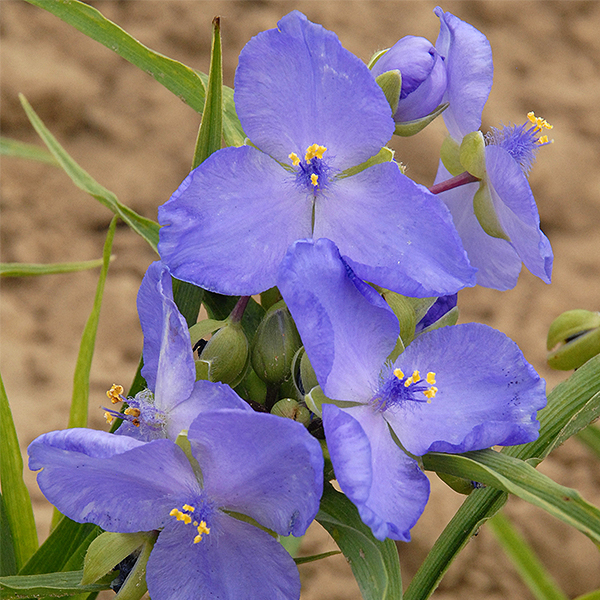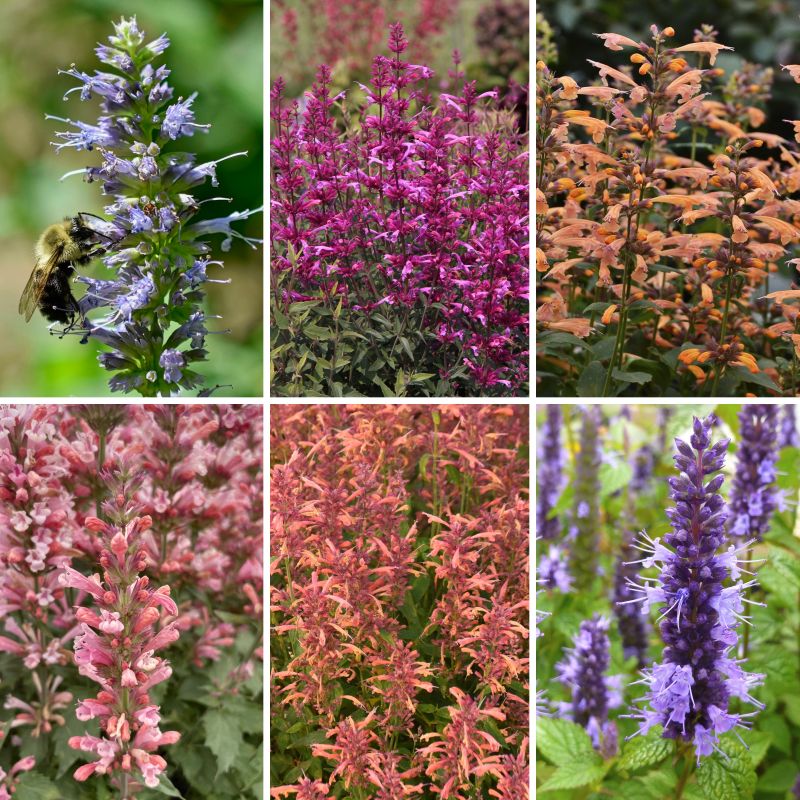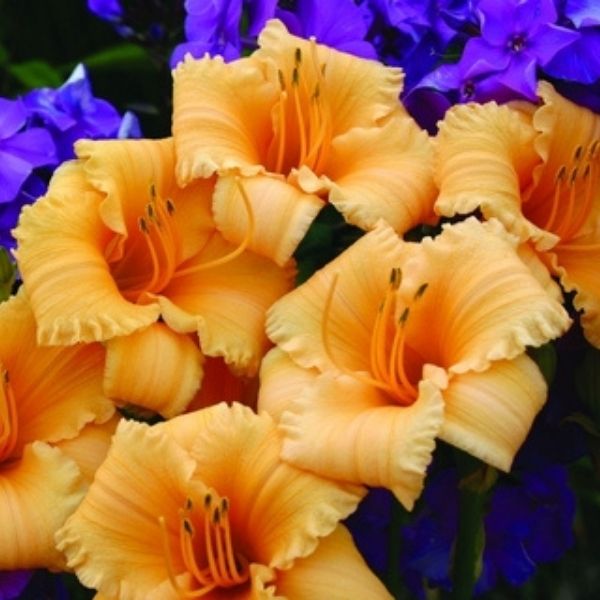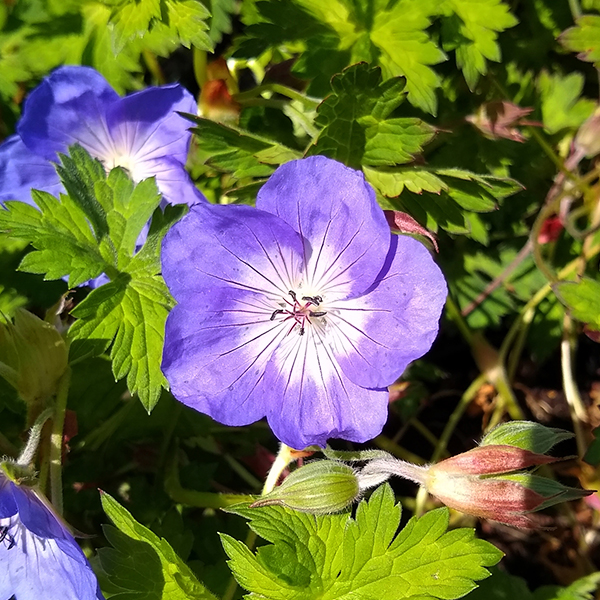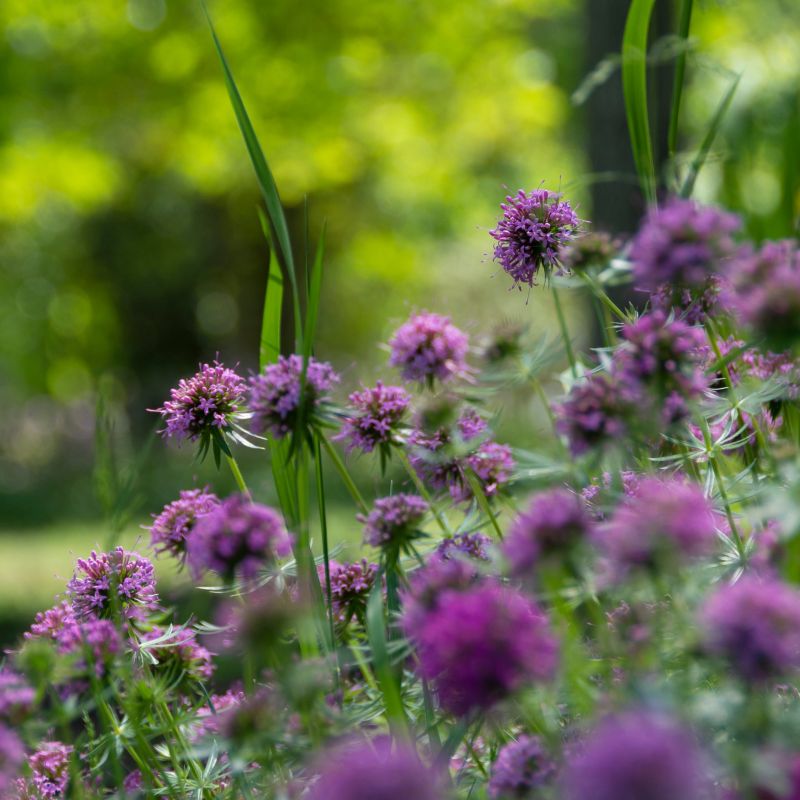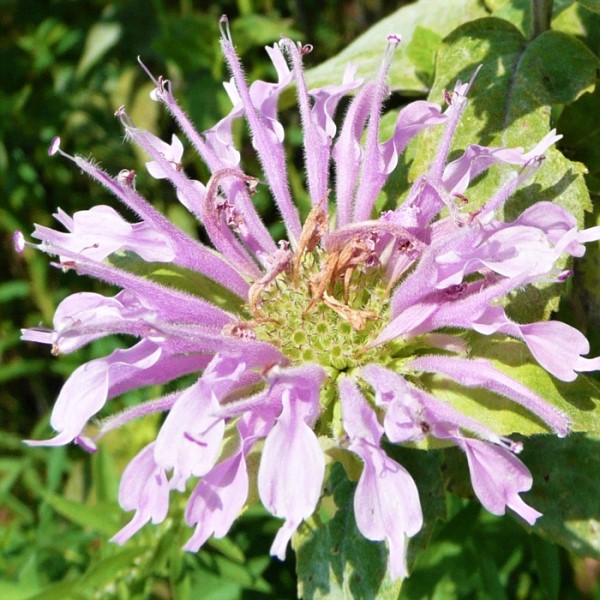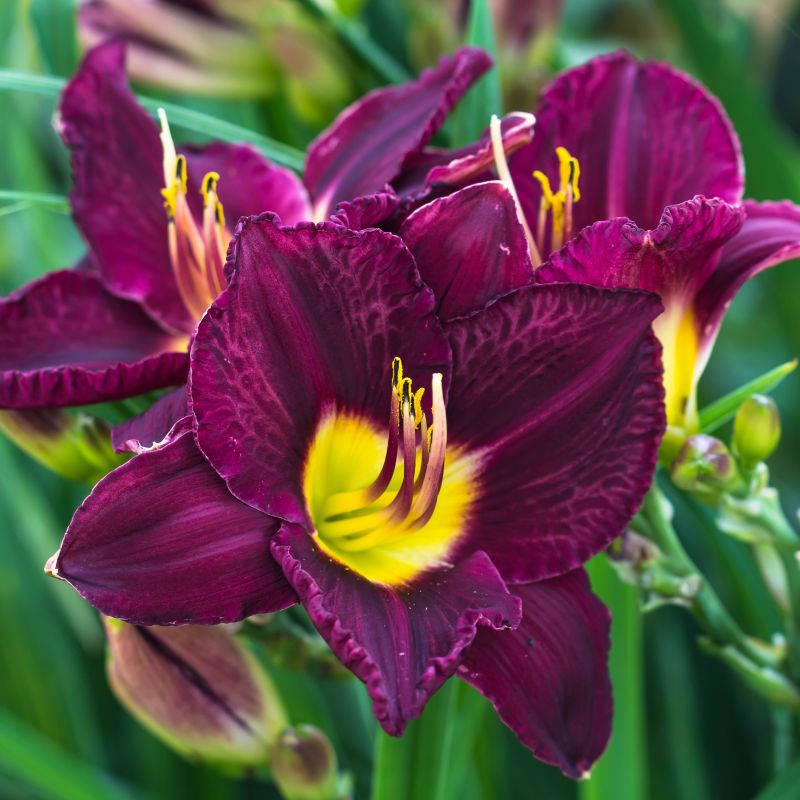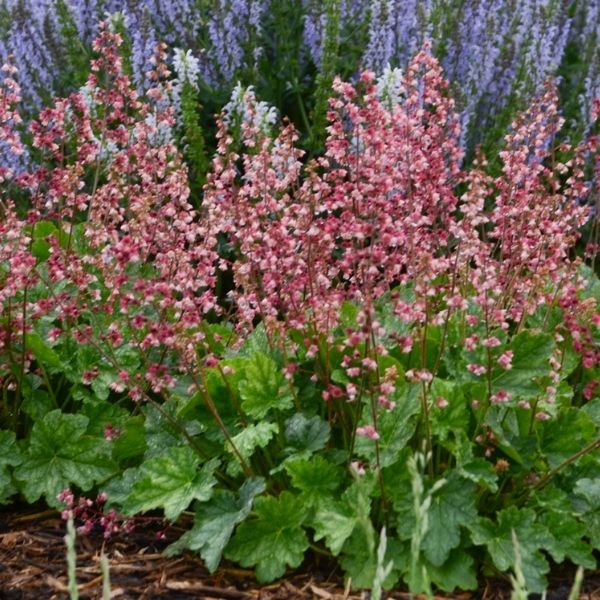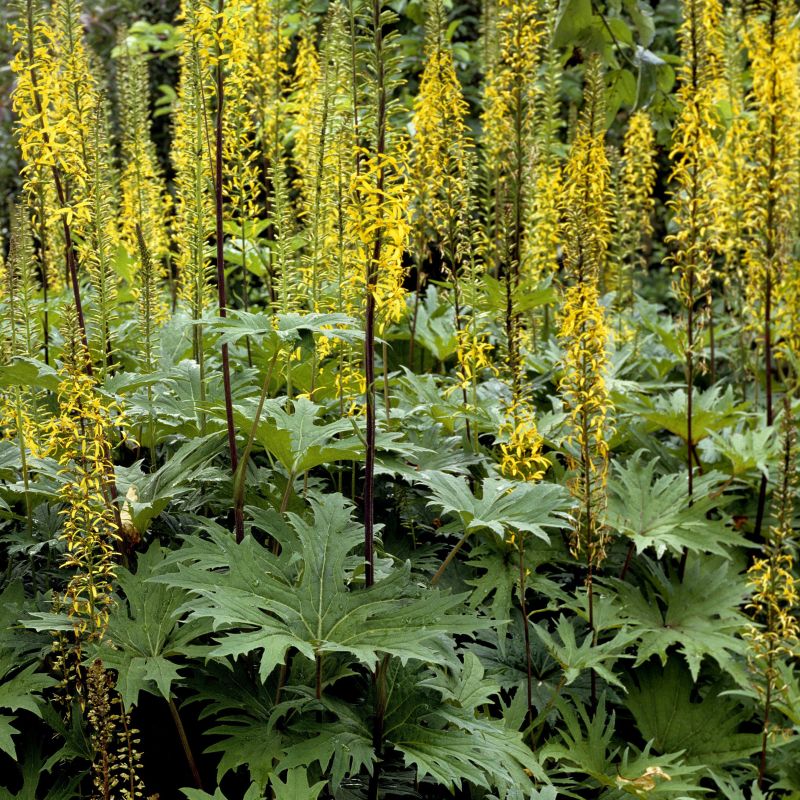
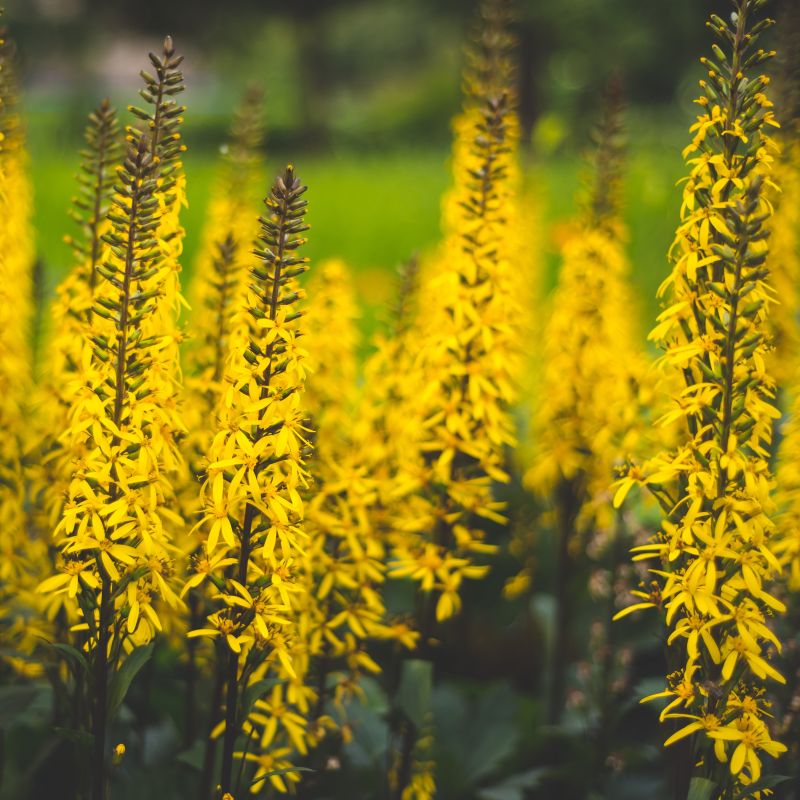
Bottle Rocket Leopard Plant
Ligularia x 'Bottle Rocket'
5 reviews
Bottle Rocket Leopard Plant
Ligularia x 'Bottle Rocket'
5 reviews
- Drought tolerant once established
- Attracts butterflies and other pollinators
- Deer resistant
$60.00
$86.00
30% Off
- Ships to 43215 in 3 to 7 days
- Free Shipping Over $150
- Plant Arrival Guarantee
- In Stock
- Free Plant Consult
$200
1.5 Gallon
Why Bottle Rocket Leopard Plant?
Bottle Rocket Leopard Plant is a striking perennial with glossy, dark purple foliage and bright yellow, daisy-like flowers that bloom in late summer. This compact plant grows to a height of 24-36 inches, making it perfect for smaller gardens or containers. It attracts butterflies and bees, adding beauty and biodiversity to your outdoor space. With its unique appearance, it is sure to make a statement in your garden.
People who loved this plant also bought
Sunlight
Bottle Rocket Leopard Plants prefer partial to full shade, making them suitable for areas with filtered sunlight or morning sun. They can also tolerate full shade, but may not flower as abundantly. It is important to avoid placing them in direct, intense s
Watering
Bottle Rocket Leopard Plants require consistently moist soil, so they should be watered regularly to keep the soil damp but not waterlogged. It is recommended to water deeply once or twice a week, especially during hot and dry periods. Avoid letting the so
Fertilizing
Bottle Rocket Leopard Plant benefits from a balanced fertilizer that is low in nitrogen but high in phosphorus and potassium. A slow-release or liquid fertilizer applied in the spring and summer can help promote healthy growth and vibrant foliage. Avoid ov
Bottle Rocket Leopard Plant (Ligularia x 'Bottle Rocket')
The Bottle Rocket Leopard Plant, also known as Ligularia x 'Bottle Rocket', is a unique and eye-catching perennial plant that is sure to add interest to any garden. This plant features large, dark green leaves with deep purple undersides and striking orange-yellow daisy-like flowers that bloom in late summer to early fall.
Features:
- Large, dark green leaves with deep purple undersides
- Striking orange-yellow daisy-like flowers
- Blooms in late summer to early fall
- Attracts butterflies and other pollinators
- Low maintenance and easy to grow
Specifications:
- Botanical Name: Ligularia x 'Bottle Rocket'
- Plant Type: Perennial
- Sun Exposure: Partial to full shade
- Soil: Moist, well-drained soil
- Height: 2-3 feet
- Spread: 1-2 feet
Uses:
The Bottle Rocket Leopard Plant is perfect for adding color and texture to shady garden beds, borders, and containers. It also pairs well with other shade-loving plants such as hostas, ferns, and astilbes. This plant is a great addition to woodland gardens or along ponds and streams.
Plant Information:
| Botanical Name: | Ligularia x 'Bottle Rocket' |
| USDA Zones: | 4 - 9 |
| Water: | Moderate to High |
| Exposure: | Partial Shade |
| Soil Needs: | Well Drained |
| Mature Height: | 28 - 34 inches |
| Mature Spread: | 24 - 28 inches |
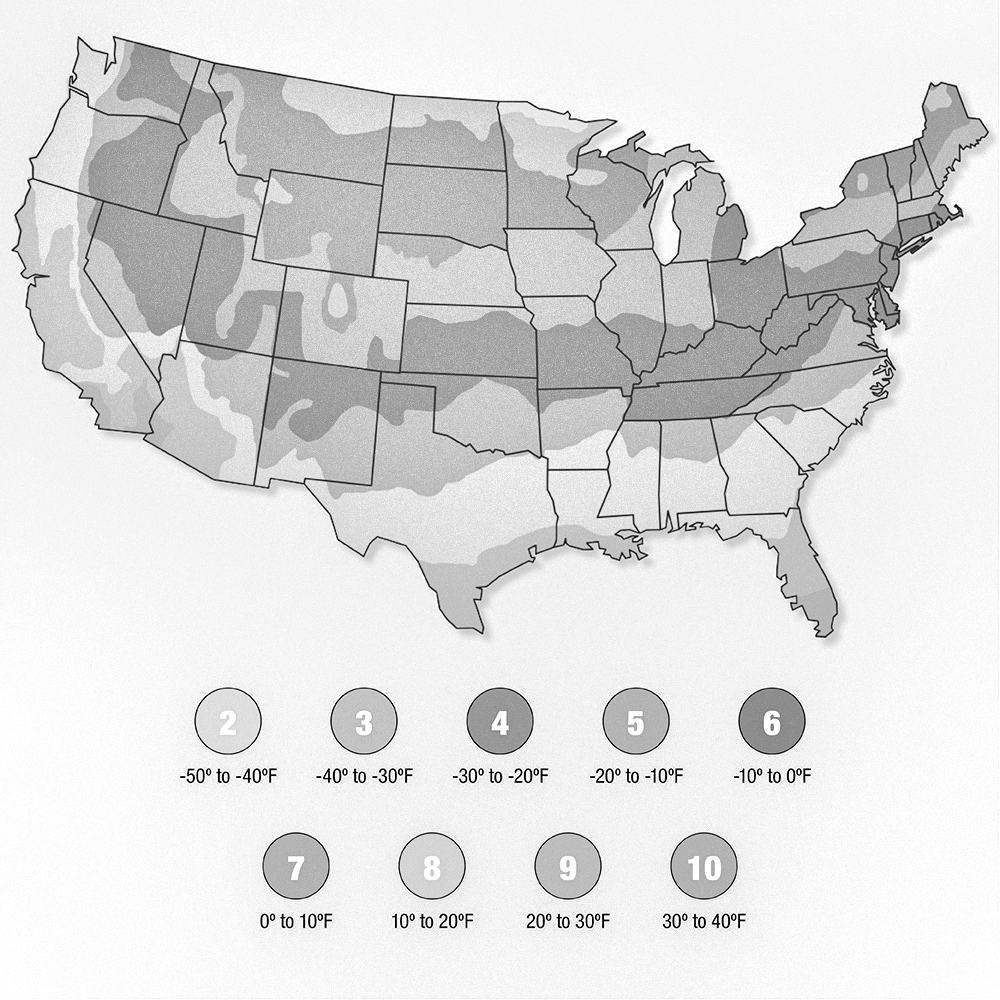
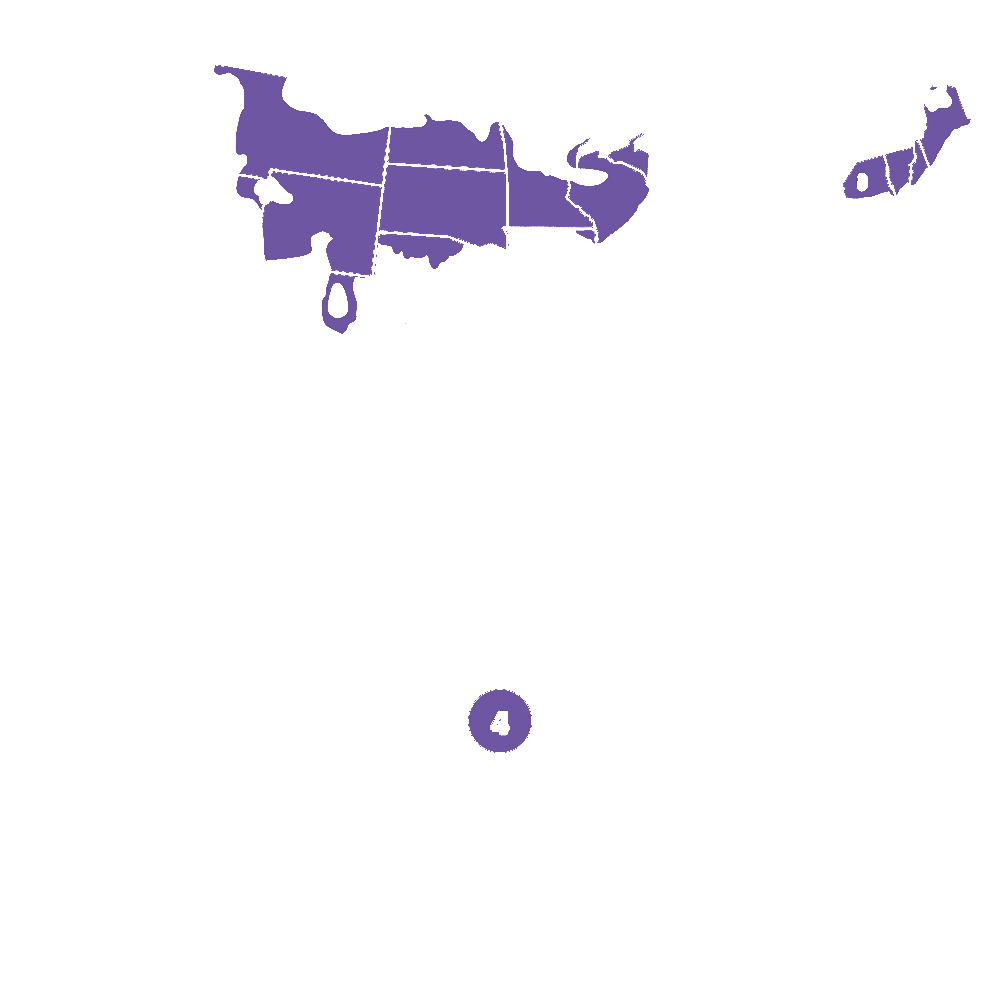
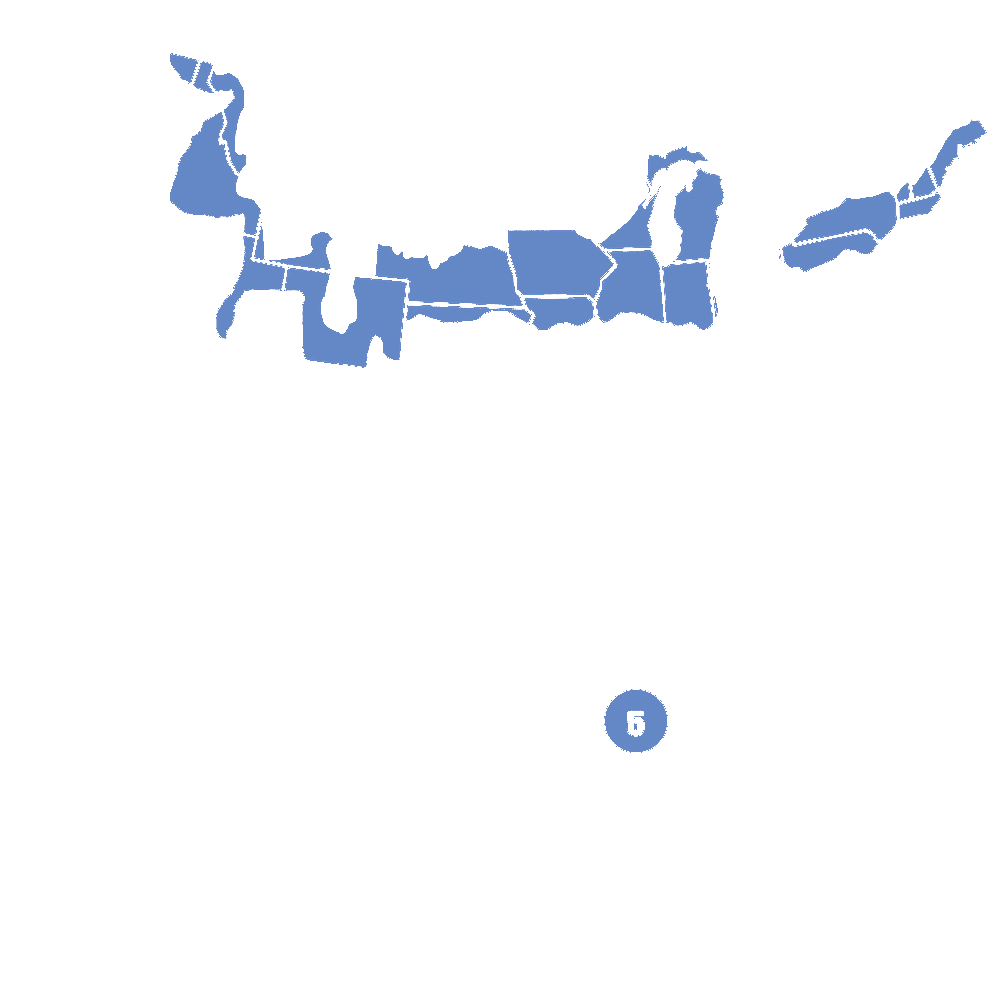
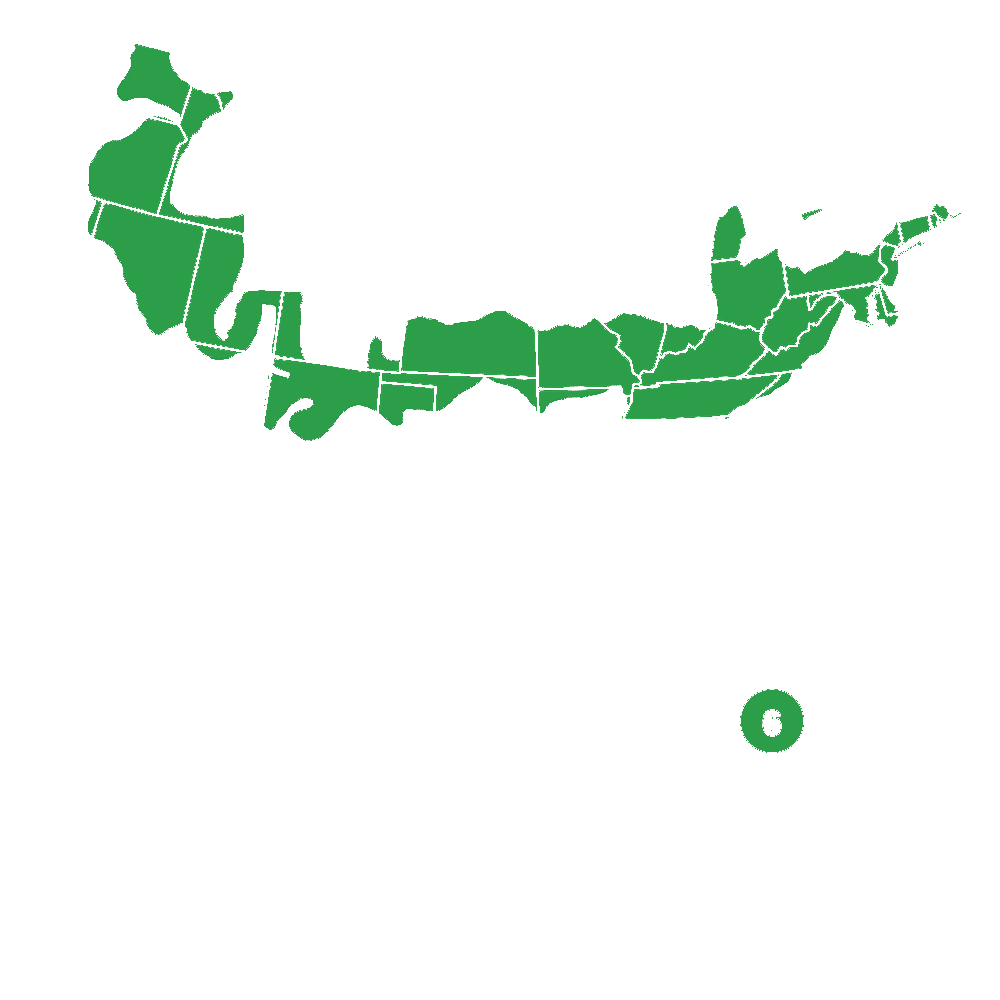
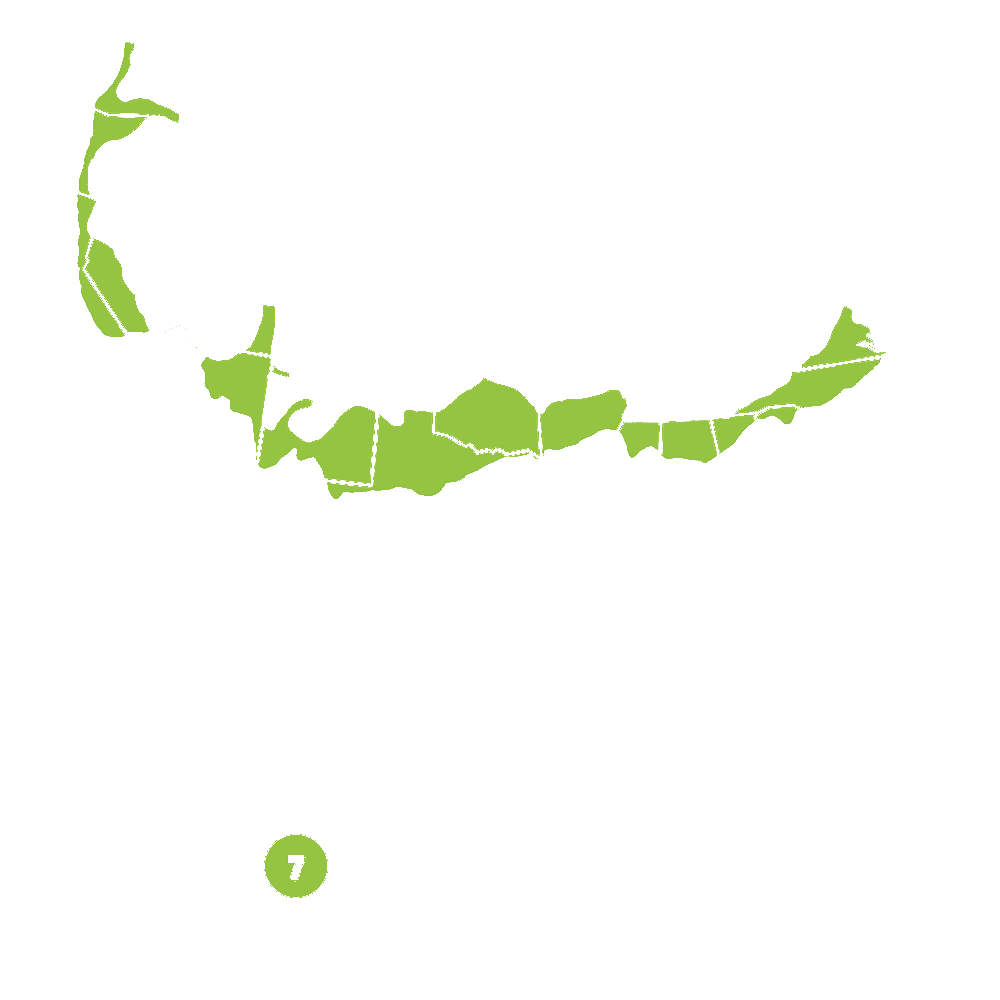
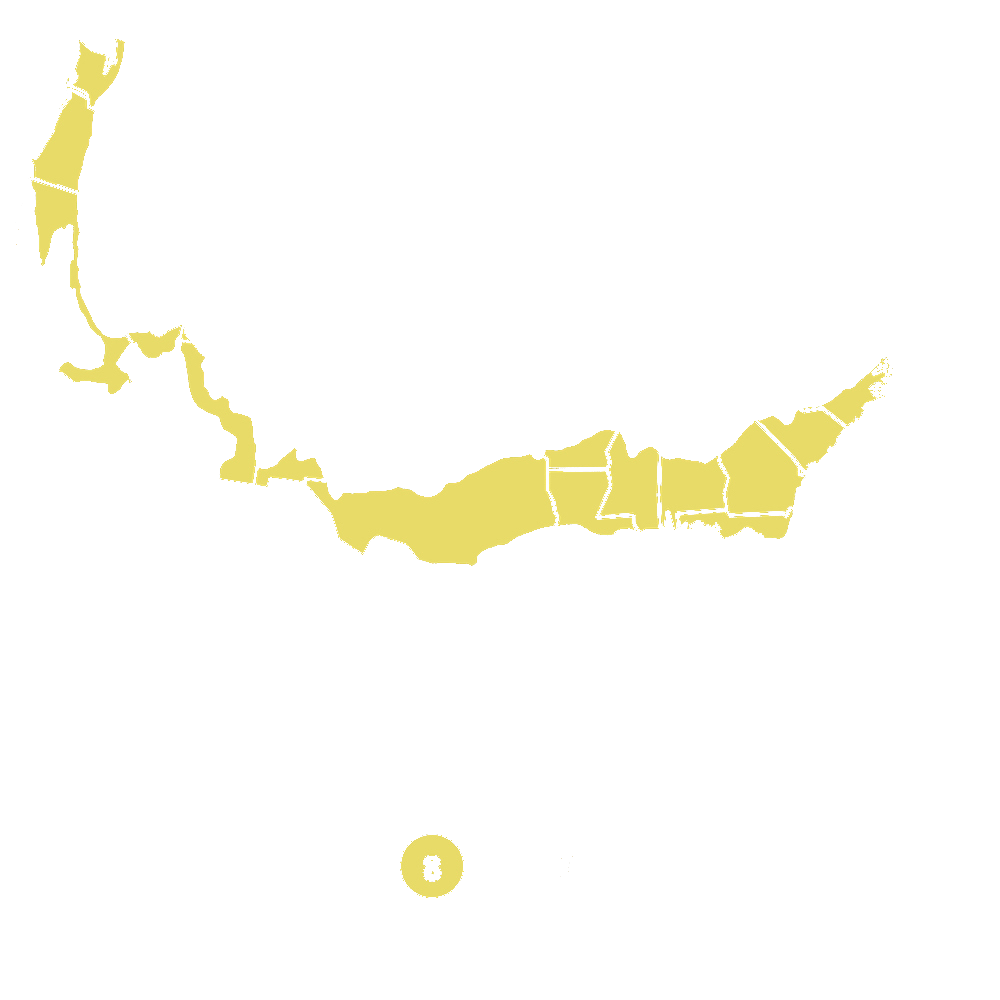
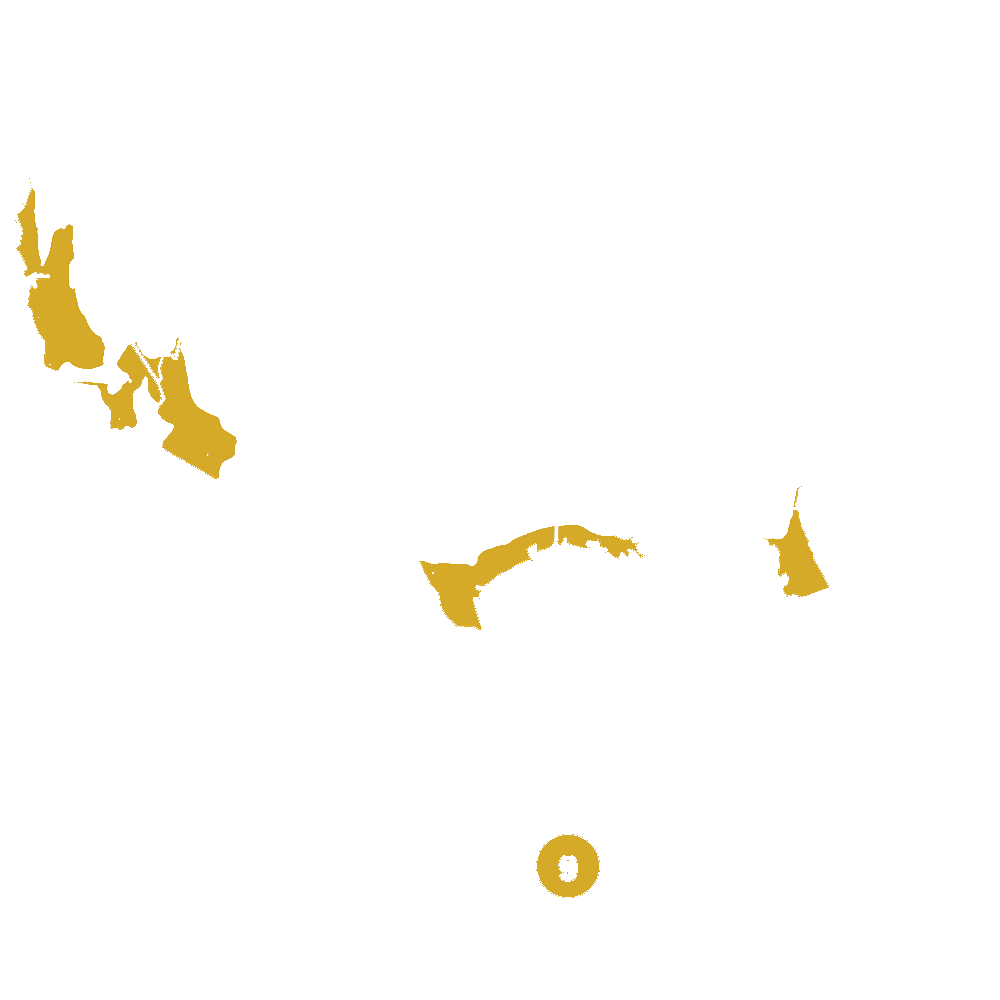
Pollination Info
Pollination Information for Bottle Rocket Leopard Plant (Ligularia x 'Bottle Rocket')
The Bottle Rocket Leopard Plant, also known as Ligularia x 'Bottle Rocket', is a perennial plant that produces striking yellow-orange flowers. The pollination of this plant is primarily carried out by bees, butterflies, and other pollinators attracted to its colorful blooms.
Pollination Process:
When the Bottle Rocket Leopard Plant blooms, it attracts pollinators with its vibrant flowers and sweet nectar. Pollinators like bees and butterflies visit the flowers to collect nectar as a food source. As they move from flower to flower, they inadvertently transfer pollen from the anthers of one flower to the stigma of another, facilitating the fertilization process.
Importance of Pollination:
Pollination is essential for the reproduction of plants, including the Bottle Rocket Leopard Plant. Through pollination, the plant is able to produce seeds that will eventually develop into new plants. Pollination also plays a crucial role in maintaining biodiversity and ecosystem stability.
Encouraging Pollinators:
To encourage pollinators to visit your Bottle Rocket Leopard Plant, consider planting it in a sunny location with well-drained soil. Avoid using chemical pesticides that may harm pollinators. Providing a water source, such as a birdbath or shallow dish of water, can also attract pollinators to your garden.
FAQ
Bottle Rocket Leopard Plant (Ligularia x 'Bottle Rocket') FAQ
Q: What is a Bottle Rocket Leopard Plant?
A: Bottle Rocket Leopard Plant, also known by its botanical name Ligularia x 'Bottle Rocket', is a striking perennial plant known for its tall, bottlebrush-like flowers and large, lobed foliage.
Q: How tall and wide does the Bottle Rocket Leopard Plant grow?
A: The Bottle Rocket Leopard Plant typically grows to be around 24-36 inches tall and 18-24 inches wide.
Q: What are the ideal growing conditions for Bottle Rocket Leopard Plants?
A: Bottle Rocket Leopard Plants thrive in partial to full shade and consistently moist, well-draining soil. They prefer cool, moist conditions and benefit from regular watering.
Q: How do I care for Bottle Rocket Leopard Plants?
A: To care for Bottle Rocket Leopard Plants, be sure to water them regularly to keep the soil consistently moist. Mulching around the base of the plant can help retain moisture and regulate soil temperature.
Q: When do Bottle Rocket Leopard Plants bloom?
A: Bottle Rocket Leopard Plants typically bloom in late summer to early fall, producing tall spikes of yellow, daisy-like flowers that attract butterflies and other pollinators.
Q: Are Bottle Rocket Leopard Plants deer-resistant?
A: Yes, Bottle Rocket Leopard Plants are known to be deer-resistant due to their bitter-tasting foliage.
Q: Can I divide my Bottle Rocket Leopard Plants?
A: Yes, you can divide Bottle Rocket Leopard Plants in the spring or fall by carefully digging up the plant and separating the clumps into smaller sections, each with their own roots and shoots.
Q: How do I prevent slug and snail damage on my Bottle Rocket Leopard Plants?
A: To prevent slug and snail damage on your Bottle Rocket Leopard Plants, you can apply natural or commercial slug and snail repellents, such as copper tape or diatomaceous earth, around the base of the plant.
Planting & Care
Planting & Care for Bottle Rocket Leopard Plant (Ligularia x 'Bottle Rocket')
Planting:
- Choose a location that receives partial to full shade, as Bottle Rocket Leopard Plants prefer some shade to protect their unique foliage.
- Plant in well-draining, moist soil that is rich in organic matter.
- Space plants about 18-24 inches apart to allow for ample growth.
- Plant in spring after the last frost has passed.
Care:
- Water regularly, keeping the soil consistently moist but not waterlogged.
- Apply a layer of mulch around the base of the plant to help retain moisture and suppress weeds.
- Fertilize in spring with a balanced, slow-release fertilizer to promote healthy growth.
- Pinch back any dead or damaged foliage to encourage new growth.
- Protect plants from slugs and snails, as they are attracted to the lush foliage of Leopard Plants.
- Divide clumps every few years to maintain plant health and vigor.
Check Out These Verified Customer Reviews:
Customer Reviews
5 out of 5 based on 5 reviews
Thank you! Your review has been submitted.
The Bottle Rocket Leopard Plant looks even more stunning in person! The colors are vibrant and the plant is healthy.
The shipment was quick and the plant was securely packed. It exceeded my expectations and added a beautiful touch to my garden.
I was impressed with the quality of the packaging - the plant arrived in perfect condition. Very happy with my purchase.
Item has been added to your cart.

